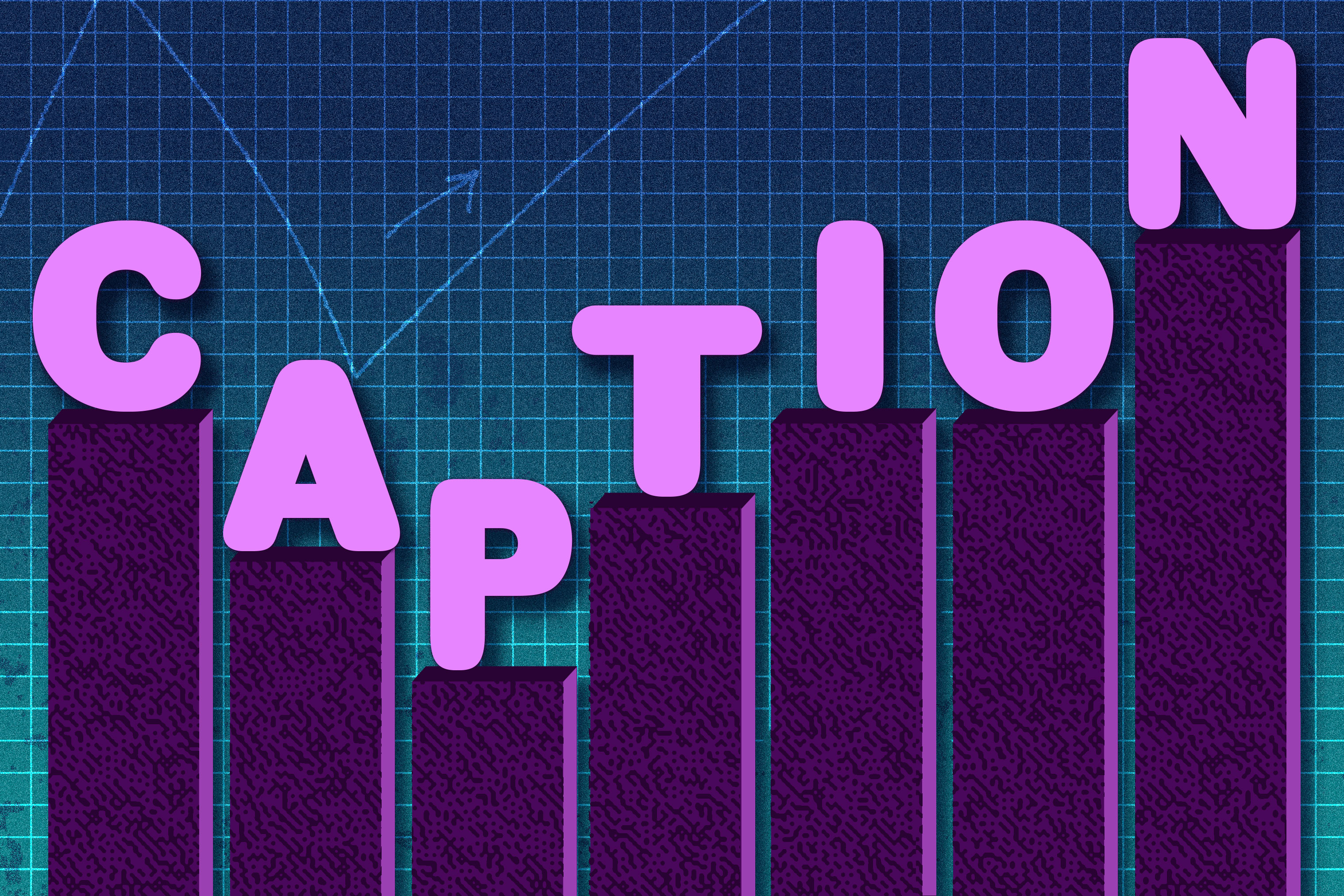In an era where technology has permeated every aspect of our lives, the way we engage with our leaders has transformed significantly. The concept of "Write the President Online" emerges as a vital platform for citizens to express their views, concerns, and hopes directly to the highest office in the land. This article explores the importance of online communication between citizens and the presidency, the platforms available for such interactions, and the potential impact of these engagements on governance.
The digital age has revolutionized the relationship between government and its constituents. As citizens increasingly turn to the internet for information and connection, the expectation for transparency and accessibility from public officials has grown. This shift has led to the development of various online platforms where people can voice their opinions and contribute to the democratic process.
Understanding the tools and methods available for engaging with the president online is crucial for fostering a more participatory democracy. From social media campaigns to dedicated websites for public feedback, the opportunities for citizens to have their voices heard are more abundant than ever. This article will delve into the nuances of these platforms and their significance in shaping public policy and opinion.
Table of Contents
- Introduction
- Importance of Online Engagement
- Platforms for Engagement
- Impact of Online Engagement
- Case Studies of Online Engagement
- Challenges and Limitations
- Future of Online Engagement
- Conclusion
Importance of Online Engagement
Online engagement with the presidency plays a crucial role in modern governance. Here are several key reasons why:
- Increased Transparency: Online platforms provide a space for citizens to access information about government actions, initiatives, and policies.
- Direct Communication: Citizens can communicate directly with their leaders, fostering a sense of connection and accountability.
- Empowerment of Citizens: Online engagement empowers individuals to participate actively in democracy, making their voices matter.
- Real-Time Feedback: Leaders can receive immediate feedback on policies and initiatives, allowing for quicker adjustments.
Platforms for Engagement
Several platforms have emerged as key tools for engaging with the president online. These include:
Social Media
Social media platforms like Twitter, Facebook, and Instagram have become critical channels for communication. Presidents often use these platforms to share updates, engage with citizens, and even address issues in real-time.
Official Government Websites
Many governments have dedicated websites where citizens can submit questions, comments, and suggestions. These sites often include forums, polls, and contact forms for direct communication.
Email Campaigns
Email remains a powerful tool for citizen engagement. Many administrations encourage citizens to send emails regarding policy issues, which can influence decision-making.
Online Petitions
Platforms like Change.org allow citizens to create and sign petitions that can be brought to the attention of government officials, including the president.
Impact of Online Engagement
The impact of online engagement with the presidency can be profound. Here are some potential outcomes:
- Policy Changes: Direct feedback from citizens can lead to modifications in policies to better align with public needs.
- Increased Trust: Transparent communication can build trust between the government and citizens.
- Community Building: Online platforms foster communities of like-minded individuals who can collectively advocate for change.
Case Studies of Online Engagement
To illustrate the effectiveness of online engagement, let’s look at a few notable case studies:
Case Study 1: Obama Administration
During Barack Obama’s presidency, the White House utilized social media extensively. Initiatives like #AskObama encouraged citizens to ask questions directly, fostering a sense of community and inclusion.
Case Study 2: Biden Administration
Joe Biden’s administration has continued this trend with platforms like Instagram Live, where he interacts with citizens and addresses current issues in real-time.
Challenges and Limitations
While online engagement offers numerous benefits, it also presents challenges that need to be addressed:
- Digital Divide: Not all citizens have equal access to the internet, which can lead to unequal representation.
- Misinformation: The prevalence of misinformation online can hinder effective communication and understanding.
- Overload of Feedback: A high volume of messages can overwhelm officials, making it difficult to respond effectively.
Future of Online Engagement
The future of online engagement with the presidency will likely continue to evolve. Innovations in technology, including artificial intelligence and improved communication tools, will enhance the way citizens interact with their leaders. Additionally, as more people become digitally literate, the potential for meaningful engagement will grow.
Conclusion
In conclusion, "Write the President Online" encapsulates the essence of modern democratic engagement. As technology continues to advance, the avenues for citizens to voice their opinions and engage with their government will expand. It is essential for citizens to take advantage of these platforms to ensure their voices are heard and to contribute actively to the democratic process.
We encourage you to share your thoughts in the comments below, engage with your representatives online, and actively participate in shaping the policies that affect your life.
Thank you for reading! We hope you found this article informative and insightful. Stay tuned for more discussions on the intersection of technology and governance.




